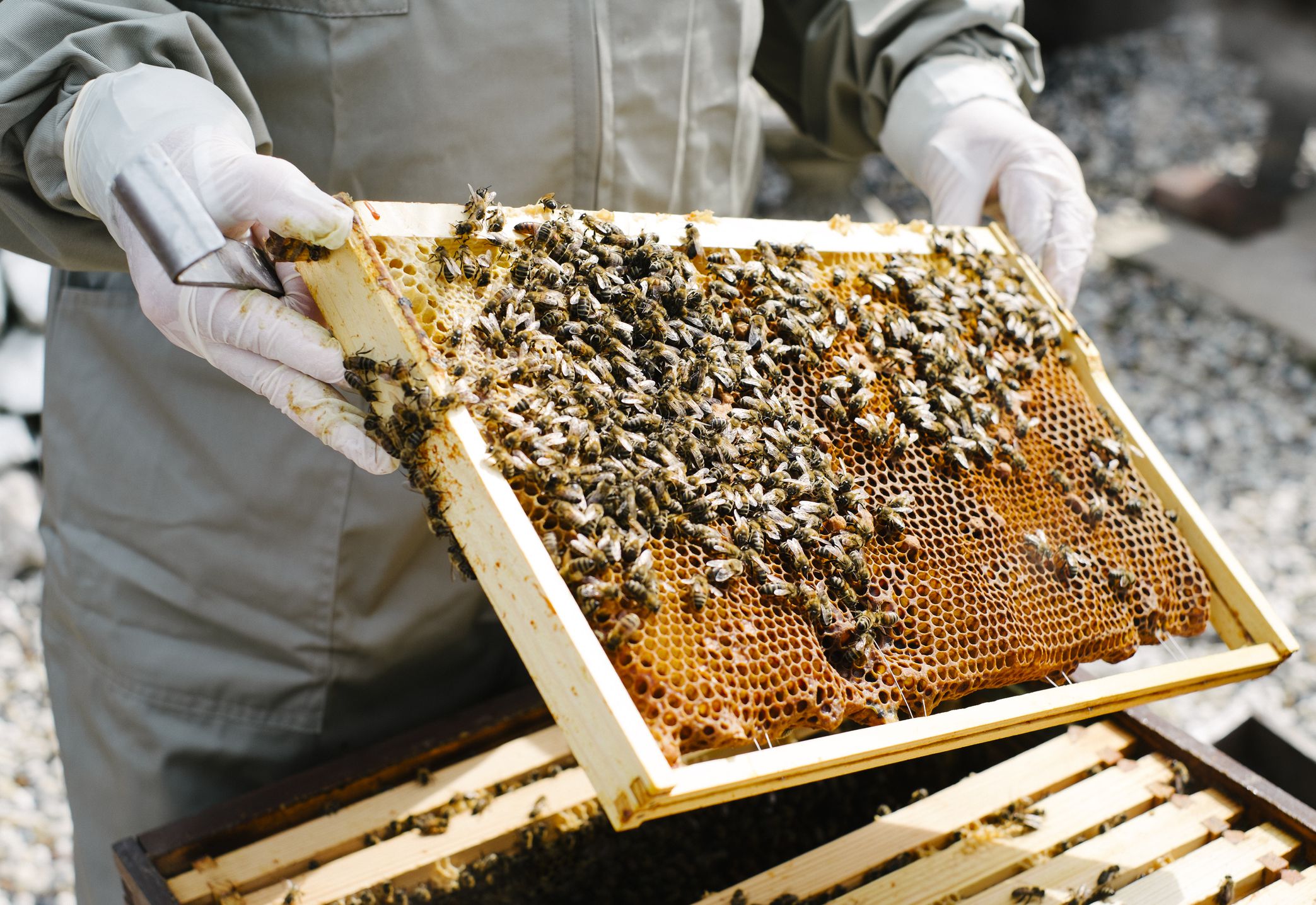



Article by: Hari Yellina
To safeguard the state from the Varroa mite, restrictions on the importation of bees, hives, and related products into SA from NSW have been implemented. Beeswax comb (including comb containing brood and honey), apiary products not exempted by the commercial honey exemption, used beekeeping tools and equipment, clothing, footwear, veils, and gloves, hives, and hive components, as well as shipping containers that have held any apiary products, as well as regulated article-carrying vehicles, are all included in this.
Following the discovery of Varroa mite in NSW, these items cannot be imported into SA from NSW without the chief inspector of stock’s written consent. The PIRSA website has information on the application process. PIRSA is considering possibilities to allow bees to enter from NSW in light of the forthcoming almond pollination season. To find out if there are any methods that would permit the migration of bees from NSW without providing an unacceptable risk to SA’s apiary and horticultural businesses, a risk assessment would need to be carried out.
Through the national emergency plant pest response procedure, the State Government collaborates closely with the NSW Department of Primary Industries, the Australian Department of Agriculture, Water and Environment, pollination-dependent industries, such as almonds, and the SA apiary industry. To combat the spread of the Varroa mite into South Africa, PIRSA has established an Incident Management Team. All beekeepers were encouraged to check their hives and collect samples for the reddish-brown Varroa mite, which is a parasite of the European honey bee and is about 1mm in diameter, according to incident controller Michael McManus.
Every beekeeper has a duty to take care of their hives, and bee biosecurity is essential for safeguarding the industry against pests and diseases, he added. Email [email protected] or phone the Exotic Plant Pest Hotline at 1800 084 881 if you think your bees may have the Varroa mite. Minister of primary industries and regional development Clare Scriven stated that an SMS alert and email containing comprehensive information and guidance on what beekeepers and apiarists in this state need to do in response to the detection have been sent to SA registered beekeepers and the industry network. In South Africa, there are approximately 3000 registered beekeepers and 61,000 hives. The pollination of agricultural and horticultural crops worth an estimated $1.7 billion by the SA apiary industry results in honeybee products worth more than $11 million.